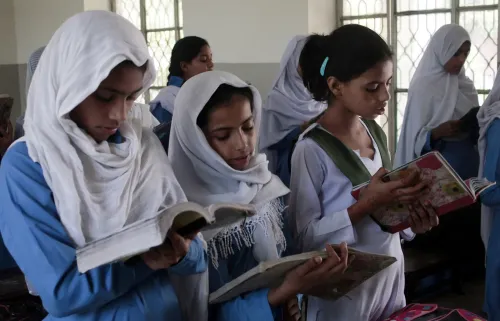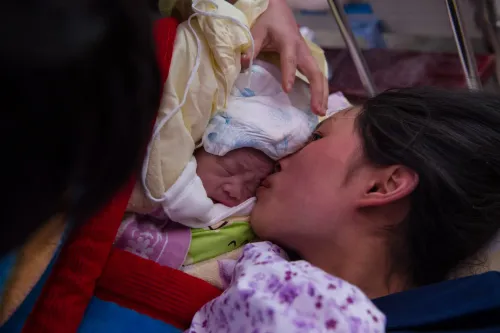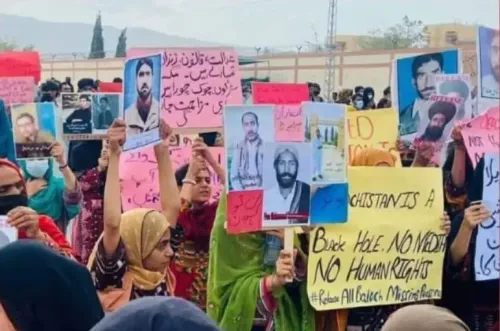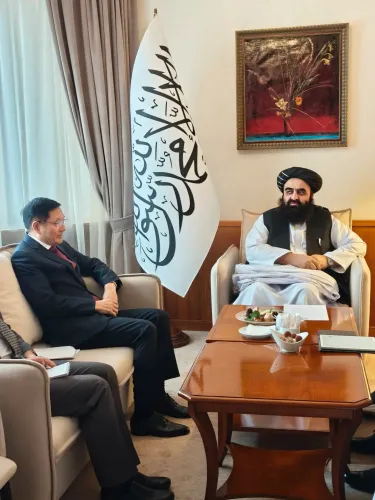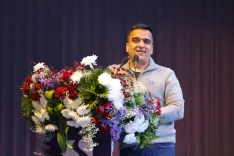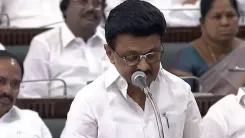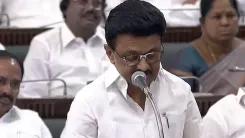South Korea: Former DP Leader Holds Significant Advantage in Presidential Race
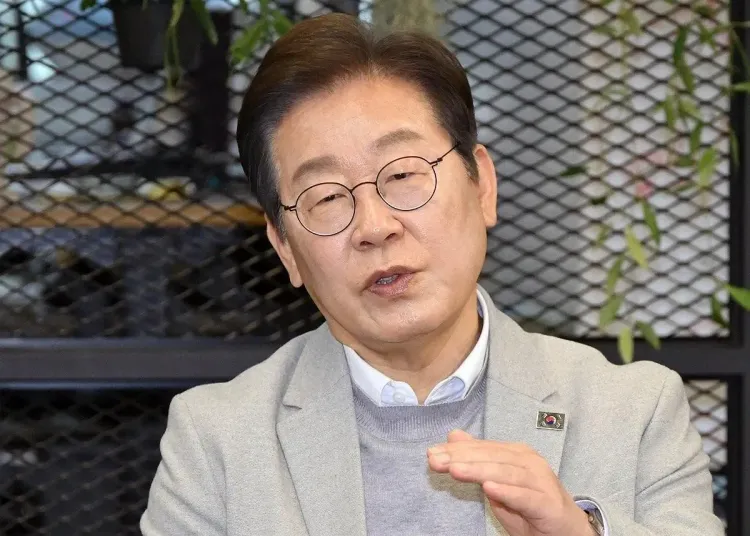
Synopsis
Key Takeaways
- Lee Jae-myung leads with 38% support.
- DP outperforms PPP, receiving 42% support.
- Former President Yoon Suk Yeol was impeached.
- Election scheduled for June 3, with early registration starting.
- Public servants must resign 30 days prior to elections.
Seoul, April 18 (NationPress) Former leader of the South Korean Democratic Party (DP), Lee Jae-myung, is currently leading the potential candidates for the presidential election scheduled on June 3, according to a poll released on Friday.
The survey conducted by Gallup Korea among 1,000 adults from Tuesday to Thursday revealed that Lee received 38 percent support, his highest rating in Gallup polls this year.
In second place with 7 percent support are former Daegu Mayor Hong Joon-pyo, former Labor Minister Kim Moon-soo of the conservative People Power Party (PPP), and current Prime Minister Han Duck-soo, who is serving as acting president but has not declared his candidacy despite widespread speculation.
Following them is former PPP leader Han Dong-hoon with 6 percent, and Lee Jun-seok, a lawmaker from the minor opposition New Reform Party, at 2 percent.
Notably, 26 percent of participants did not express support for any candidate, as reported by Yonhap news agency.
By party affiliation, the DP enjoyed 42 percent support, surpassing the PPP, which garnered 34 percent.
The poll has a margin of error of plus or minus 3.1 percentage points at a 95 percent confidence level.
The South Korean government has announced June 3 as the date for the upcoming presidential election following the removal of former President Yoon Suk Yeol.
This decision was made during a Cabinet meeting shortly after the Constitutional Court upheld the impeachment of Yoon due to his brief declaration of martial law in December.
According to the Constitution, a new election must be held within 60 days of a presidential vacancy.
The government has also declared June 3 a temporary public holiday.
Following the dismissal of Yoon, the National Election Commission commenced early candidate registration.
Candidates must register by May 11, with the official campaign period starting on May 12.
Furthermore, public servants aiming for the presidency must resign at least 30 days prior to the election, setting May 4 as the deadline.
The newly elected President will take office immediately after the election, without a transition team.
This scenario echoes the early election held on May 9, exactly 60 days after the ousting of former President Park Geun-hye on March 10, 2017.
In other developments, Yoon, who swiftly ascended from prosecutor to president in about three years, became the second South Korean president to be formally removed from office, following his controversial martial law attempt that unsettled the nation for months and intensified political divisions.
Yoon, aged 64, now joins former President Park Geun-hye, who was ousted in 2017 due to a corruption scandal that led to her impeachment.
Before assuming the presidency, Yoon was a prosecutor starting in 1994, eventually leading an investigation team into Park's corruption scandal, which culminated in her impeachment and imprisonment.
In 2019, he was named the nation's top prosecutor under then-President Moon Jae-in, but had conflicts with the administration due to investigations involving family members of former Justice Minister Cho Kuk.
Facing increasing pressure from Moon's administration, Yoon resigned in 2021, shortly after entering politics and winning the 2022 presidential election as the People Power Party candidate.
His term was marred by disputes with a National Assembly dominated by the main opposition Democratic Party (DP), where he utilized his veto power against 25 bills passed by the Assembly.
Tensions escalated in early December when the DP introduced motions to impeach the country's chief auditor and a senior prosecutor, leading Yoon to declare martial law on December 3, which ultimately contributed to his downfall.


